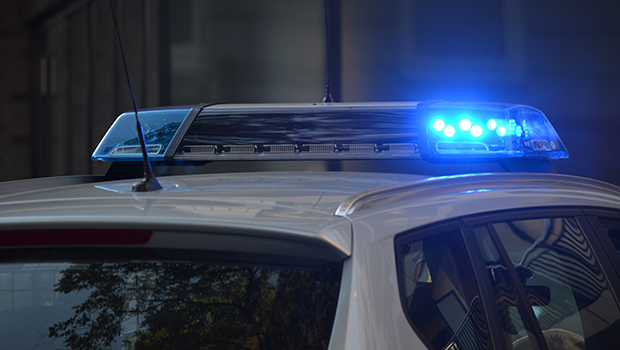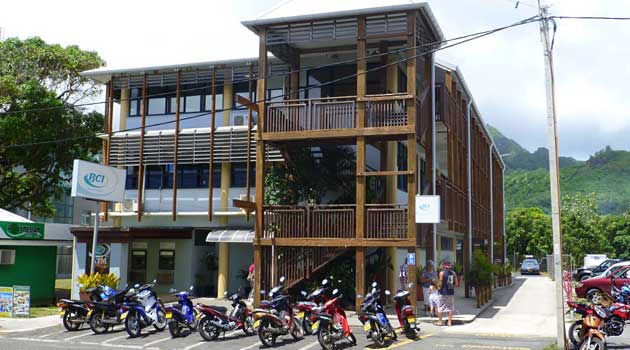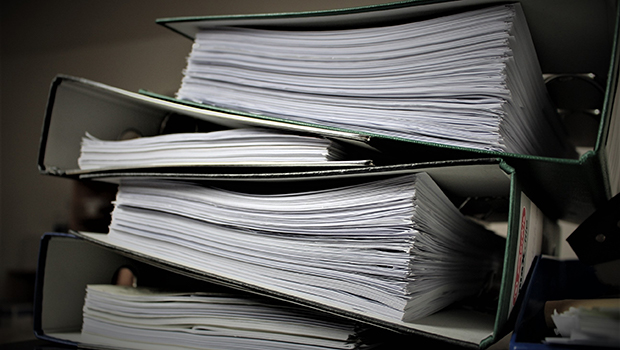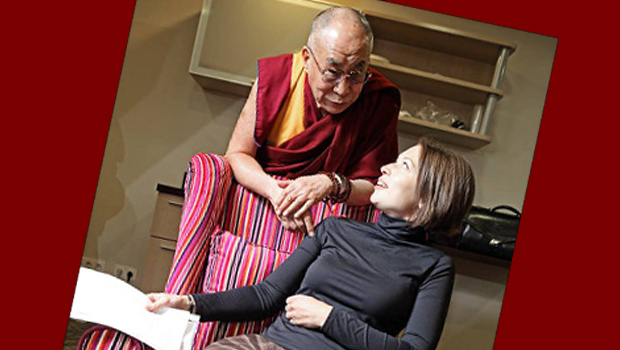Stefaans Brümmer is the co-founder and managing partner of the M&G Centre for Investigative Journalism in South Africa. The M&G Centre, which is nicknamed amaBhungane, isiZulu for “the dung beetles,” is a nonprofit that produces public interest investigative reporting. In this interview, Brümmer discusses his groundbreaking corruption probe that culminated in the arrest of a national police commissioner, and the challenges he confronted in investigating a powerful law enforcement official.
Your investigation of Jackie Selebi, who was national police commissioner in South Africa and also the head of Interpol, helped bring about Selebi’s imprisonment on corruption charges. How did you find out about the story?
First of all this was team work. And finding out about it, as with so many other stories, was not a single event. One of us may have heard some crazy rumor; we flagged it. Another may have heard something related; we pricked up our ears.
When the third bit of information came in, we decided this might not be so crazy after all. We made it our business to find out more about these people we were hearing about. We did our desktop research; we identified human sources who might know more.
The Jackie Selebi investigation was really a case of the truth being stranger than fiction. A key tip-off was that a self-styled mafioso, Glenn Agliotti, had turned up at the scene of the murder of Brett Kebble, a controversial mining magnate. Cops investigating the murder heard that Agliotti and Selebi, the police chief, had spoken by phone shortly after. When they asked their boss about it, he wouldn’t cooperate. Serious red flag…
Selebi was eventually convicted for accepting bribes from Agliotti, and Agliotti confessed to a role in Kebble’s murder.
What challenges did you face in investigating a leading law enforcement figure? How did you overcome them?
There were all sorts of challenges, not only for us, but for the law enforcement unit that conducting the official investigation. The head of the prosecuting authority was suspended by the president when he obtained an arrest warrant for Selebi. A brilliant private investigator-type called Paul O’Sullivan also did a lot of digging. In retrospect, it is clear that the communications of many of us were bugged and that all sorts of counter-actions were planned by police intelligence.
But I think what saved the day was that these guys were pretty inept. Rumors were spread that my colleague Sam Sole and I were drug users or even dealers, but these got no traction as a smear needs to be at least partly true to work, which they were not.
At one stage I was approached by a chap who called himself “Fox” and claimed to be a deep throat who’d provide me with inside info. He kept talking about his own supposed drug use, obviously hoping I’d take the bait and reveal something about myself. When I told him I had sniffed Drixine – an over-the-counter spray for a runny nose — he obviously thought he had me. You could sense the victory in his eyes as he repeated “Drixine” into his collar, spy style!
I was extra wary from that moment, but did not break all contact with him until I got word that he’d been boasting the next step would be to plant drugs on me.
After it was all over, I bumped into Fox again. He confessed he’d been sent to me by police intelligence.
What was the critical breakthrough for you in reporting the Selebi story? What approach did you use to get that information?
The biggest breakthrough was perhaps circumstantial – the murder of Kebble, the mining magnate. By that stage we had already been looking at the relationship between Selebi and Agliotti, but the murder was so huge that it dislodged all sorts of tip-offs and sources. After that we managed to “recruit” two or three key sources who were not that far removed from Agliotti’s syndicate.
Of course it also helped hugely to have O’Sullivan and official investigators doing their own probes. The police investigators were generally too proper to leak us information, but we learnt to “fish in the same pond” by talking to the same people they were talking to, to hear what they were up to.
What is the path that led you to investigative journalism in the first place?
Maybe it is just that I was not that good a reporter. I never got the rationale of simple reportage, where you have to record “objectively” what some politician, official or business leader is saying when everybody knows they’re bullshitting. I always found it more interesting to get to what’s behind the headlines.
How has the increasing importance of digital and online media (especially the immediacy factor they emphasize) impacted the quality and practice of investigative journalism?
It is trite to say that investigations and immediacy tend not to go together, and that online words tend to come cheaply while investigations tend to cost real money. So the shift to online has squeezed investigative journalism quite seriously.
But I would not turn back the clock. We have to stop killing trees and we have to recognize the huge opportunities that come with online news dissemination. These include the potential for referencing and displaying source material, feedback from one’s audience, etc.
So the challenge is to make online work for us; not to have the important stuff drowned out by the cheap chatter; and to find new ways to fund investigations. Regarding the latter, one solution is the nonprofit model represented by outfits like the Centre for Public Integrity and ICIJ, ProPublica and our little M&G Centre for Investigative Journalism (amaBhungane) in South Africa.
Talk about your approach to stories. Is there anything unusual about the way you conduct your research or choose your themes?
The process is so organic and varies so much from story to story that it is hard to describe. But we do rely on a few tools and procedures which anchor us, including being quite forensic in the sense of doing proper desktop research on our subjects (searches of company, property and other public records, Googling, etc); and having regular team discussions to exchange information and ideas.
We prioritize story areas according to what we call the “circle of hate,” where organized crime, business and politics intersect. It also helps to have “watch areas” — we make it our business to become experts in certain important areas, even if there are no stories on the short-term horizon.
What do you consider some of the most important lessons you have learned over the years?
Don’t rush it. Your reputation and credibility are more important than a headline. Work as a team. More minds are invariably better than one. And never forget that you are there to serve the public.
What are the key elements that make an investigative story truly “click”? What do they have to have and what should they not be missing?
Accuracy and fairness. If you don’t convince your reader that your story is credible, you might as well not do it in the first place. And of course it helps to produce something people can actually read – a lesson we’re still trying to learn.
What is the biggest single threat to investigative reporting and what advice can you give to others?
There are two main threats: the transition from print to online and the formation of media conglomerates where journalistic values are subordinated to shareholder returns. Advice: Hang in there. Online also provides immense opportunities, including to start your own publication not controlled by shareholders.
What other tips would you give young, emerging, investigative reporters?
You sure you want to do this? If it is about the “glamour,” get out. Investigative journalism is badly compensated hum-drum. You’ll be more likely to find yourself square-eyed, bent over balance sheets, court records and Google results than hanging out in smoky bars talking to people with upturned collars and gruff voices. The chances of you bringing down the president are close to nil. And I’m still waiting for my first car chase!



